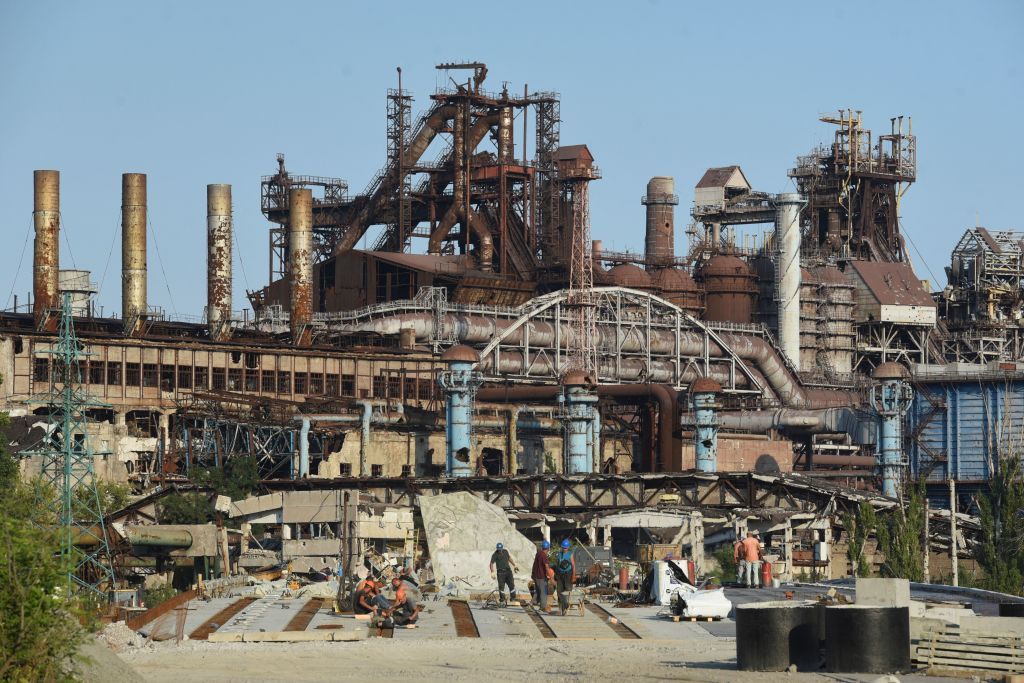UK announces new sanctions against suppliers that support Russia's war effort

The U.K. government announced 46 new sanctions on Dec. 6 against businesses and individuals located around the world that continue to bolster Russia's war effort.
The new sanctions target Russia's military-industrial complex and its foreign suppliers, entities and individuals associated with the Wagner Group, and four United Arab Emirates-based companies that help Russia evade sanctions on the trade of oil above the $60 per barrel price cap.
The Financial Times reported on Nov. 14 that the vast majority of Russian oil has been selling above the price cap.
According to the officials, the price cap initially saw some success after it was first introduced in December 2022, but Russia has since found ways to bypass it, and the price per barrel has likely returned on average to its pre-war status of roughly $80 per barrel.
The bulk of the new sanctions are directed at Russia's military-industrial complex, with 31 of the newly introduced measures aimed at businesses involved with the production and import of drones and missile parts, as well as related individuals and their immediate family members.
The newly sanctioned companies also included foreign suppliers in Serbia, Turkey, Belarus, Uzbekistan, and China.
The U.K. has now sanctioned more than 30 third-party businesses involved in supporting Russia's war, a signal of the "U.K.’s no tolerance approach to those enabling Russia’s illegal war, wherever they may be."
U.K. Minister of State for the Indo-Pacific region Anne-Marie Trevelyan said, "Today’s sanctions will hit Putin where it hurts, damaging Russian defense systems, and cracking down on illegal supply chains propping up Russia’s war machine."
The U.S. Treasury's Office of Foreign Assets Control (OFAC) announced a similar set of sanctions on Dec. 5 targeted at an international network of weapons and military component suppliers to the Russian military-industrial complex.
Despite Western sanctions to curb Russia's ability to produce weaponry such as missiles or drones, Moscow has been reportedly circumventing them by procuring these components from third countries, such as Kyrgyzstan, Iran, or China.














